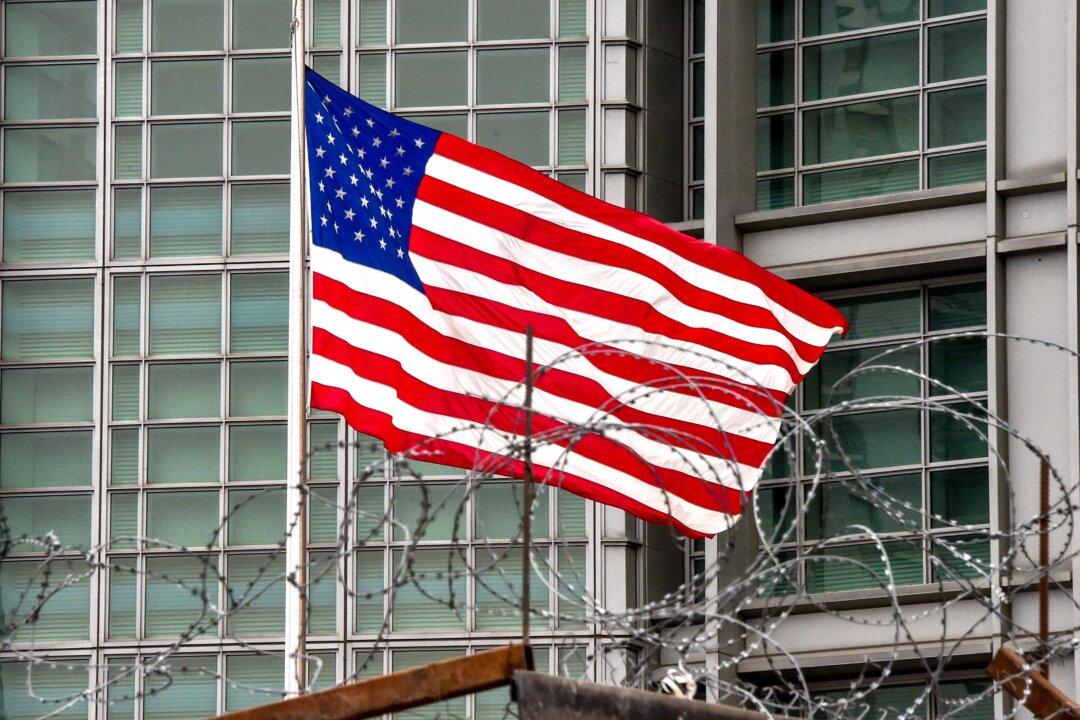The U.S. State Department is urging any Americans remaining in Russia to leave immediately, citing an elevated risk of arbitrary arrest by Russian security officials amid a more general warning of “unpredictable consequences” stemming from the Ukraine war and the “possibility of terrorism.”
“U.S. citizens residing or traveling in Russia should depart immediately. Exercise increased caution due to the risk of wrongful detentions,” reads the latest advisory from the U.S. Embassy in Moscow, which is overseen by the State Department.





